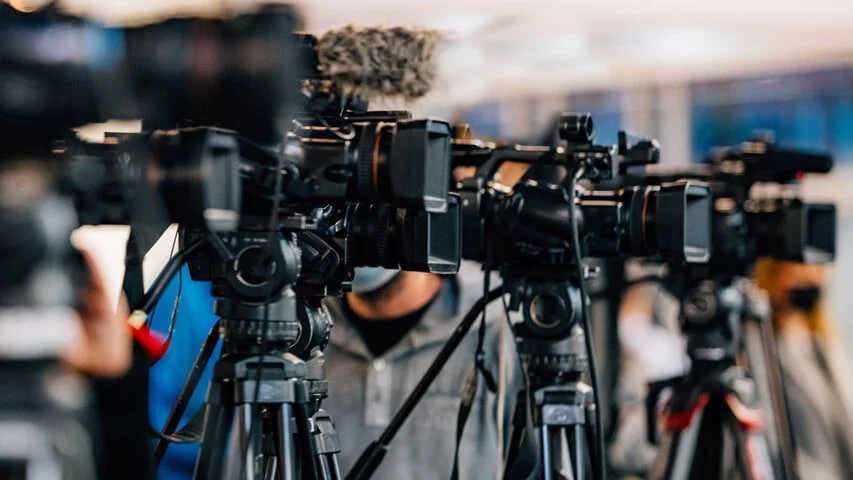When we think of athletic performance, we often picture intense physical training, strict diets, and endless practice hours. But there’s another key ingredient that fuels champions — the mind.
Welcome to the world of sports psychology — the science behind mental training, focus, confidence, and resilience in athletic performance.
Whether you're a professional athlete, a weekend competitor, or a coach, understanding how mental skills influence performance can help you go from good to great.
🏆 What is Sports Psychology?
Sports psychology is a branch of psychology that focuses on how mental and emotional factors affect athletic performance and physical activity. It combines psychology principles with sports science to help athletes:
Improve focus
Manage anxiety and pressure
Build confidence
Enhance motivation
Recover from setbacks or injury
It’s not just for pros — even school athletes, gym-goers, or corporate teams can benefit from the principles of mental training.
🧠 Why Mental Training Matters in Sports
Imagine this:
Two athletes have equal physical ability and training. One performs well under pressure, while the other crumbles.
What’s the difference?
👉 Mindset, focus, and emotional control.
Mental training bridges the gap between physical potential and actual performance. It helps athletes:
Stay calm under pressure
Bounce back from failure
Handle distractions
Maintain consistency
Visualise success before it happens
📈 Key Mental Skills That Improve Performance
Let’s explore the most powerful tools used in sports psychology:
1. 🧘♀️ Focus and Concentration
Athletes often deal with countless distractions — crowd noise, weather, opponents, or inner doubt. Sports psychology teaches them to stay in the present moment and block out the noise.
Mental drills include:
Single-task exercises (e.g., focusing on breath or one muscle movement)
“Reset rituals” to refocus after errors
Mindfulness meditation for daily practice
2. 💬 Positive Self-Talk
What athletes say to themselves during training or matches has a major impact. Negative thoughts can create tension, while positive self-talk builds resilience and energy.
Examples of athlete self-talk:
“I’ve trained for this. I’m ready.”
“Stay calm and focused.”
“I learn from every play.”
Training tip: Write 3 empowering statements and repeat them before practice or competition.
3. 🎯 Goal Setting
Clear goals create focus and motivation. Athletes trained in sports psychology learn how to set SMART goals:
Specific
Measurable
Achievable
Relevant
Time-bound
Types of goals:
Outcome goals: Winning a match
Performance goals: Scoring 10 points
Process goals: Practising 3 times a week
Having a clear goal structure keeps athletes grounded during intense seasons.
4. 🧘 Visualization & Imagery
Also known as mental rehearsal, visualisation is when athletes mentally practice performing a skill before doing it physically.
🗣️ “If you can see it in your mind, you can achieve it.”
Used for:
Practicing form
Rehearsing strategies
Preparing for pressure moments (e.g., penalty kicks)
How to start:
Sit in a quiet place
Close your eyes and imagine your performance
Include sounds, visuals, and feelings
Repeat daily for 5–10 minutes
5. 🫁 Breath Control and Relaxation
In high-pressure moments, breathing becomes shallow, leading to anxiety and fatigue. Athletes trained in relaxation techniques perform with more calm and control.
Methods include:
Deep belly breathing
Box breathing (inhale 4s, hold 4s, exhale 4s, hold 4s)
Progressive muscle relaxation
This improves oxygen delivery, lowers stress, and helps regain focus.
6. 💪 Confidence Building
Confidence isn’t luck — it’s built through practice and mental reinforcement. Sports psychologists help athletes build confidence by:
Reviewing past wins and strengths
Creating performance routines
Challenging limiting beliefs
Celebrating small wins
Confidence leads to assertive play, better decisions, and greater composure under pressure.
🧩 Real-Life Examples of Mental Training in Sports
Michael Phelps used visualisation before every race. He mentally swam each lap, visualising victory and even mistakes, so he was always ready.
Novak Djokovic practices mindfulness and deep breathing to stay focused and bounce back from errors.
Cristiano Ronaldo uses routine, repetition, and visualisation to stay sharp and confident.
⚖️ Physical Training vs. Mental Training
| Component | Physical Training | Mental Training |
|---|---|---|
| Builds | Strength, speed, endurance | Focus, confidence, resilience |
| Tools | Gym, drills, coaches | Breathwork, visualization, journaling |
| Outcome | Muscle memory, fitness, skill | Performance under pressure, mental clarity |
| Common mistake | Overtraining body, undertraining mind | Balance is key |
🧠 How to Add Mental Training to Your Routine
Here’s a beginner-friendly plan to train your mind just like your body:
✅ Daily:
5 minutes of deep breathing or mindfulness
Positive affirmations before workouts
Visualise your next practice or match
✅ Weekly:
Review progress and set new goals
Write a performance journal (what went well, what to improve)
Practice imagery for 10 minutes
✅ Monthly:
Track confidence levels
Reflect on setbacks and lessons
Update goal structure
🔄 Coaches and Teams: Why It Matters
Coaches who integrate sports psychology techniques:
Build mentally tougher teams
Improve communication and cohesion
Help athletes develop a long-term, growth-focused mindset
Encouraging open discussion about pressure, nerves, or mental blocks creates a healthier and more successful environment.
🏁 Final Thoughts: Strong Mind, Strong Performance
The body wins the race, but the mind runs the show.
Athletes who train mentally are more consistent, calm, and capable of unlocking their full potential, especially when the pressure is highest.
If you’re an athlete, coach, or even someone trying to push past personal limits, remember this:
🌟 Your mindset is your greatest muscle. Train it every day.
🙋♀️ FAQs
Q: Who can benefit from sports psychology?
Anyone involved in performance — athletes, coaches, students, or even corporate teams.
Q: How soon can you see results from mental training?
Some tools (like breath control or visualisation) give immediate results. Long-term consistency leads to lasting change.
Q: Is sports psychology only for when athletes are struggling?
No — it’s just as valuable for high performers aiming to level up or maintain their edge.













Recent Comments
No comments yet.